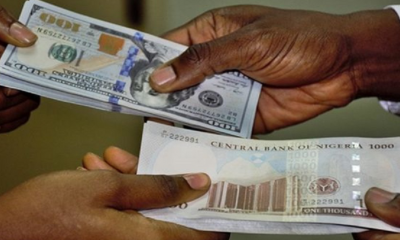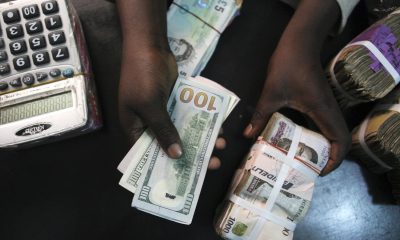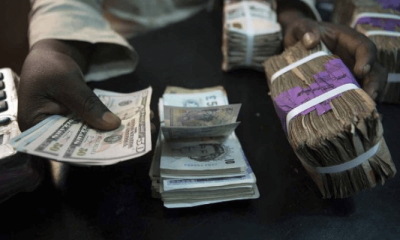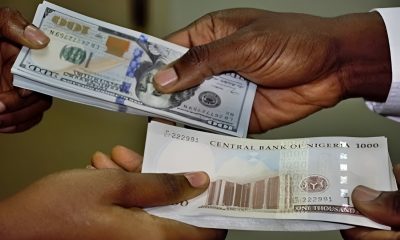Naira has fallen to a record low of N1,515 per dollar following strong demand on the parallel market, also known as the black market, representing 1.32% or N20.00 weaker than N1,495 it traded earlier on Thursday.
The Central Bank of Nigeria (CBN) had on Wednesday released a new circular addressing suspected cases of excessive foreign currency speculation and hoarding from Nigerian banks.
The current depreciation is unparalleled and stands as the lowest point in the historical performance of the Naira, reflecting the severity of the current economic challenges.
Market analysts attribute the recent decline to a sustained uptick in demand for the US dollar observed since the beginning of January.
A significant portion of the increased demand stems from businesses actively replenishing inventory or procuring raw materials, leading to a greater need for foreign exchange.
Individuals pursuing higher education overseas have also played a substantial role in driving the demand for dollars. This trend is likely linked to the necessity of tuition payments and associated educational expenses.
READ ALSO: Naira recovers slightly, trades at N1,455.59/$1 at official market
The departure of Nigerians residing abroad, particularly noticeable post-holiday season, has further contributed to the heightened demand for foreign currency. The exodus of individuals from the US and other foreign jurisdictions has notably impacted the parallel market.
As educational institutions overseas resume classes, international students are actively bolstering their foreign currency reserves to cover upcoming tuition fees and other financial obligations. Additionally, students are securing funds for discretionary spending, such as holiday allowances.
The unprecedented depreciation marks the lowest point in the naira’s history against the US dollar, raising concerns about potential economic ramifications.
The recent fall in the official exchange rate began on December 8th 2023 when it first crossed the N1000/$1 barrier closing at N1099.5/$1. It appreciated afterward and then plunged again to N1,043 on December 28th. By January 9th, it fell to an all-time low of N1,089.51/$1 closer to the black-market rate of N1,245/$1.
The Central Bank of Nigeria (CBN) has released a new circular addressing suspected cases of excessive foreign currency speculation and hoarding from Nigerian banks.
READ ALSO: Naira woes worsen, hits N1,482/$1 at official market
The new circular introduces a set of guidelines aimed at reducing the risks associated with these practices.
The circular, titled “Harmonisation of Reporting Requirements on Foreign Currency Exposures of Banks,” highlights the CBN’s concerns over the growing trend of banks holding large foreign currency positions.
“The Central Bank of Nigeria (CBN) has noted with concern the growth in foreign currency exposures of banks through their Net Open Position (NOP). This has created an incentive for banks to hold excess long foreign currency positions, which exposes banks to foreign exchange and other risks. Therefore, to ensure that these risks are well managed and avoid losses that could pose material systemic challenges, the CBN issues the following prudential requirements”
In simple English, the central bank believes some commercial banks hold long-term positions in forex with the hope of profiting from it especially when there are forex fluctuations.

 Latest3 days ago
Latest3 days ago
 Crime4 days ago
Crime4 days ago
 Editorial1 week ago
Editorial1 week ago
 Agribusiness6 days ago
Agribusiness6 days ago
 Business7 days ago
Business7 days ago
 Business4 days ago
Business4 days ago
 Agribusiness4 days ago
Agribusiness4 days ago
 Featured7 days ago
Featured7 days ago











